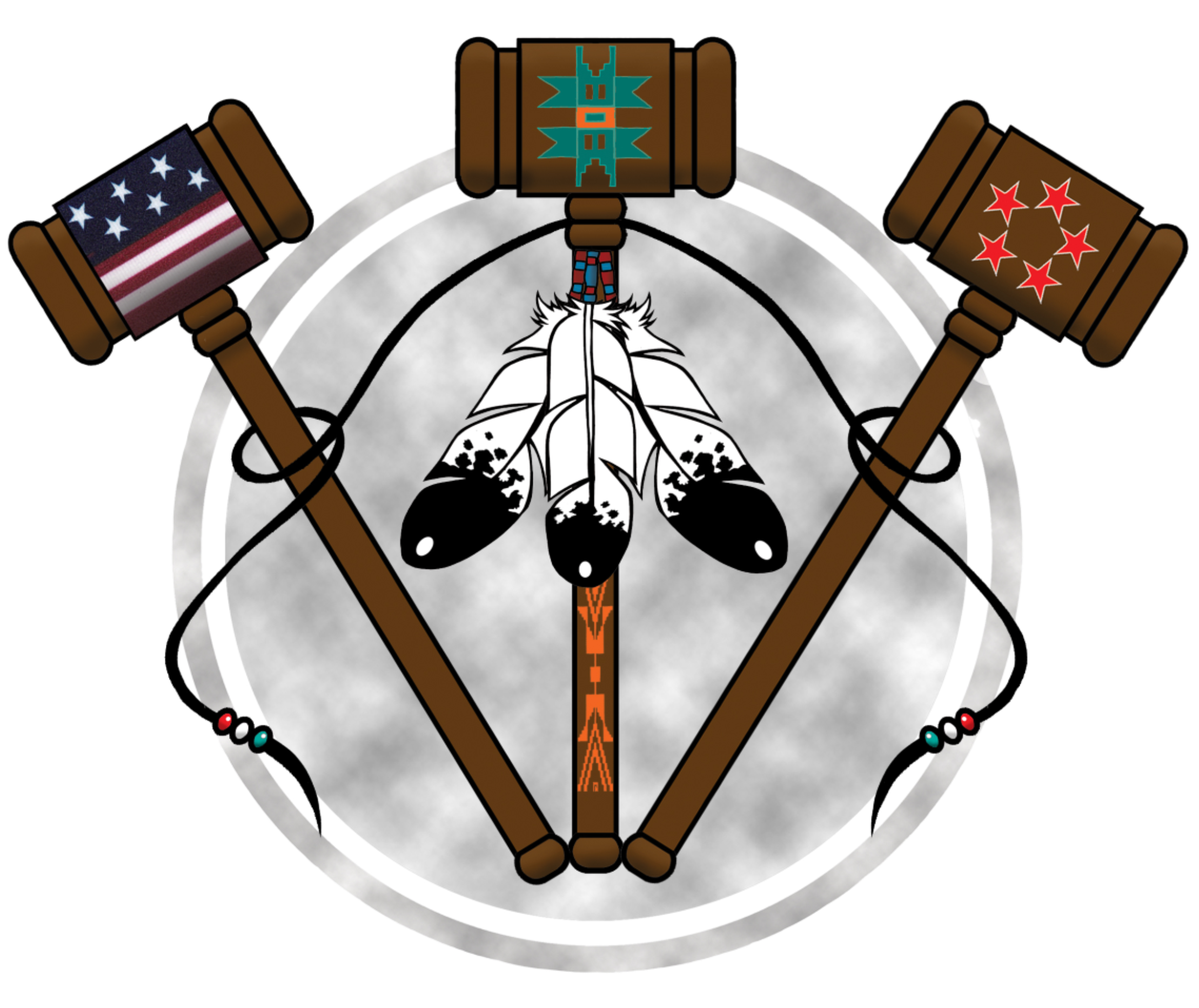The Tribal Jurisdiction Program is designed to assist Indian tribes in exercising SDVCJ. Through this grant program, Indian tribes will receive support and technical assistance for planning, developing and implementing changes in their criminal justice systems necessary to exercise SDVCJ. The program encourages collaborations among tribal leadership, tribal courts, tribal prosecutors, tribal attorneys, tribal defenders, law enforcement, probation, service providers, and other partners to ensure that non-Indians who commit crimes of domestic violence, dating violence, and violations of protection order.s are held accountable. The Tribal Jurisdiction Program encourages the coordinated involvement of the entire tribal criminal justice system and victim service providers to incorporate systemic change that ensures victim safety and offender accountability.
In FY 2017, pursuant to 25 U.S.C. § 1304(f), funds under the Tribal Jurisdiction Program may be used for the following purposes:
(1) to strengthen tribal criminal justice systems to assist Indian tribes in exercising SDVCJ, including:
(A) law enforcement (including the capacity of law enforcement or court personnel to enter information into and obtain information from national crime information databases); (B) prosecution; (C) trial and appellate courts; (D) probation systems; (E) detention and correctional facilities; (F) alternative rehabilitation centers; (G) culturally appropriate services and assistance for victims and their families; and (H) criminal codes and rules of criminal procedure, appellate procedure, and evidence;
(2) to provide indigent criminal defendants with the effective assistance of licensed defense counsel, at no cost to the defendant, in criminal proceedings in which a participating tribe1 prosecutes a crime of domestic violence or dating violence or a criminal violation of a protection order; (3) to ensure that, in criminal proceedings in which a participating tribe exercises SDVCJ, jurors are summoned, selected, and instructed in a manner consistent with all applicable requirements; and (4) to accord victims of domestic violence, dating violence, and violations of protection orders rights that are similar to the rights of a crime victim described in section 3771(a) of Title 18, consistent with tribal law and custom.
In FY 2017, pursuant to 25 U.S.C. § 1304(f), funds under the Tribal Jurisdiction Program may be used for the following purposes:
(1) to strengthen tribal criminal justice systems to assist Indian tribes in exercising SDVCJ, including:
(A) law enforcement (including the capacity of law enforcement or court personnel to enter information into and obtain information from national crime information databases); (B) prosecution; (C) trial and appellate courts; (D) probation systems; (E) detention and correctional facilities; (F) alternative rehabilitation centers; (G) culturally appropriate services and assistance for victims and their families; and (H) criminal codes and rules of criminal procedure, appellate procedure, and evidence;
(2) to provide indigent criminal defendants with the effective assistance of licensed defense counsel, at no cost to the defendant, in criminal proceedings in which a participating tribe1 prosecutes a crime of domestic violence or dating violence or a criminal violation of a protection order; (3) to ensure that, in criminal proceedings in which a participating tribe exercises SDVCJ, jurors are summoned, selected, and instructed in a manner consistent with all applicable requirements; and (4) to accord victims of domestic violence, dating violence, and violations of protection orders rights that are similar to the rights of a crime victim described in section 3771(a) of Title 18, consistent with tribal law and custom.
In FY 2017, pursuant to 25 U.S.C. § 1304(f), funds under the Tribal Jurisdiction Program may be used for the following purposes:
(1) to strengthen tribal criminal justice systems to assist Indian tribes in exercising SDVCJ, including:
(A) law enforcement (including the capacity of law enforcement or court personnel to enter information into and obtain information from national crime information databases); (B) prosecution; (C) trial and appellate courts; (D) probation systems; (E) detention and correctional facilities; (F) alternative rehabilitation centers; (G) culturally appropriate services and assistance for victims and their families; and (H) criminal codes and rules of criminal procedure, appellate procedure, and evidence;
(2) to provide indigent criminal defendants with the effective assistance of licensed defense counsel, at no cost to the defendant, in criminal proceedings in which a participating tribe1 prosecutes a crime of domestic violence or dating violence or a criminal violation of a protection order; (3) to ensure that, in criminal proceedings in which a participating tribe exercises SDVCJ, jurors are summoned, selected, and instructed in a manner consistent with all applicable requirements; and (4) to accord victims of domestic violence, dating violence, and violations of protection orders rights that are similar to the rights of a crime victim described in section 3771(a) of Title 18, consistent with tribal law and custom.
Applications due January 25, 2017.
See the solicitation here.
